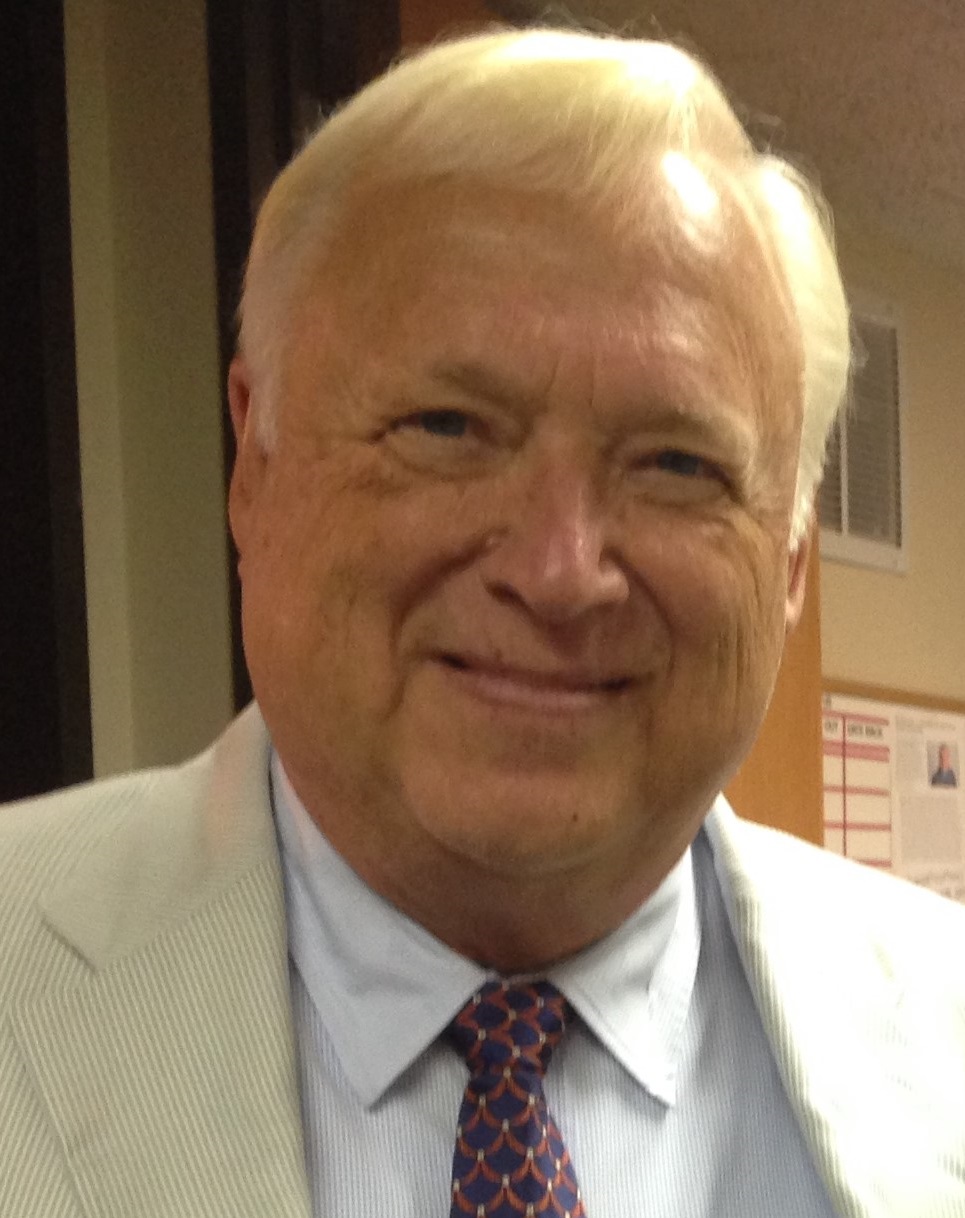ITEST Webinar
Finding God in Space Exploration
and Extraterrestrial Life
This webinar was presented on April 22, 2023.
We are also pleased to provide you with several resources from this excellent webinar.
- Paul Segura’s presentation materials can be found HERE.
- Follow this link, https://www.youtube.com/watch?v=Iz0WrOOgLpMind for a recording of Ted Peter’s related video, “What is Astrotheology?”
- This webinar promotional page includes many resources including a discussion on astrophysics and exotheology with Paul Segura and Robert Nicastro.
The Space Race to the Moon in the 1960s is an example of science and engineering excellence peaking at the national level to achieve a seemingly impossible goal. Yet even in the midst of this technological achievement, God could not only be found but made a lasting impact. In addition, as the search for intelligent life beyond Earth continues, it’s reasonable to expect we have morally ambiguous space neighbors who have been similarly graced by a loving creator and redeemer.
Our presenters
Paul Segura
Aerospace Engineer & Historian

Apollo 8
Providential Mission to the Moon
Paul is an aerospace engineer and historian with 35 years in leadership, systems engineering, design engineering, and history roles plus voluntary roles in the Hazelwood Historic Preservation and St. Louis County Historic Buildings Commissions, the Mound City Archeological and Missouri Aviation Historical Societies, and ministries including RCIA at parish and archdiocesan levels. Paul holds a BS in Engineering Mechanics from the University of Missouri – Rolla, MS in Engineering & Policy from Washington University in St. Louis, and a Catechism of the Catholic Church Certificate from the Paul VI Pontifical Institute of the Archdiocese of St. Louis. Paul is married to Lynn and has two married daughters and two grandchildren.
Abstract
The Space Race is remembered for the triumph of Apollo 11 as the first landing on the Moon. Yet it was the flight of Apollo 8 that paved the way for Apollo 11 when the outcome was far from certain. Reaching the Moon before the Soviet Union by the end of the 1960s was viewed by many as a near impossible goal. NASA found itself behind schedule in 1968 when America was at its most divided since the Civil War. Yet by the end of 1968, the Apollo 8 mission would not only demonstrate American resolve to surmount technical challenges while trying to beat the Russians, the hearts of the world would be touched in a way that only Divine Providence could do.
Ted Peters
Co-Editor, Theology and Science

Astrotheology
Where Science & Faith Meet ETI
Ted Peters is a public theologian directing traffic at the intersection of science, religion, and ethics. Peters is an emeritus professor at the Graduate Theological Union, where he co-edits the journal, Theology and Science, on behalf of the Center for Theology and the Natural Sciences, in Berkeley, California, USA. He just co-edited Astrobiology: Science, Ethics, and Public Policy (Scrivener 2021) as well as Astrotheology: Science and Theology Meet Extraterrestrial Intelligence (Cascade 2018). See his blogsite at Patheos and his website Ted’s Timely Take.
Abstract
Outer space vibrates with spiritual meaning within the human soul. This presentation sets an agenda for the field of Astrotheology, asking: (1) Will confirmation of Extraterrestrial Intelligence (ETI) cause terrestrial religion to collapse? (2) Can the scope of God’s creation include the entire cosmos? (3) Would God provide an incarnation for each extraterrestrial civilization or would the incarnation in Earth’s Jesus Christ suffice for the entire cosmos? The presentation’s thesis is that contact with extraterrestrial intelligence will expand the existing Christian vision that all of creation—including the 13.7-billion-year history of the universe replete with all of God’s creatures—is the gift of a loving and gracious God.
Webinar resources
Websites
TedsTimelyTake.com
NASA Apollo 8 website
Smithsonian National Air & Space Museum Apollo 8 website
Blogsite
https://www.patheos.com/blogs/publictheology/
Books
Astrotheology: Science and Theology Meet ETI by Ted Peters
UFOs—God’s Chariots? by Ted Peters
The Voice of Public Theology by Ted Peters
Apollo 8 by Jeffery Kluger
Rocket Men by Robert Kurson
Articles
How to become an astrotheologian?
Astrotheology’s contribution to public theology
Astrotheologie
Do we have space neighbors in God’s kingdom?
Introducing astrotheology and astroethics
Does extraterrestrial life have intrinsic value?
Data from the Peters ETI Religious Crisis Survey
Would confirmation of ETI cause a crisis for terrestrial religion? (Royal Society)
Extraterrestrials and the Catholic Imagination
Videos
Will astrobiologists and ufologists attend the same barbecues?
The Myth of the Evolution of ETI
“After Contact” Interview with Nick Pope
William Shatner says Earth looked ‘so fragile’ from space on Blue Origin flight
Documentaries and Films
To the Moon by PBS Nova
Apollo’s Daring Mission by PBS Nova
First to the Moon – The Journey of Apollo 8 by Paul Hildebrandt
